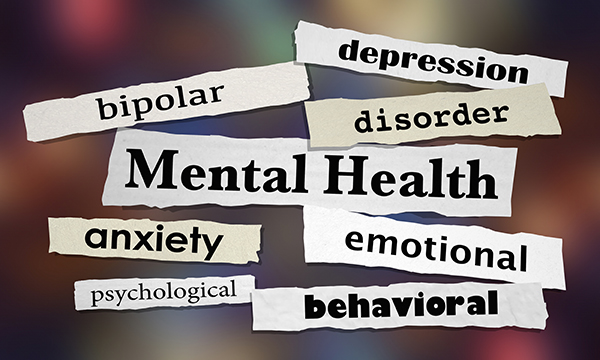Trump Derangement Syndrome in FULL EFFECT as lunatic Libtards who are pregnant are now taking Tylenol by the handful
09/25/2025 / By S.D. Wells

A fresh controversy erupted on Monday after President Donald Trump warned that acetaminophen (Tylenol) use during pregnancy may be linked to an increased risk of autism and attention-deficit hyperactivity disorder (ADHD). Speaking publicly, Trump advised expectant mothers to avoid the drug, emphasizing, “With Tylenol, don’t take it, don’t take it.” His comments followed a new Food and Drug Administration (FDA) advisory that physicians should exercise caution when recommending the medication to pregnant women.
- After Trump warned that Tylenol use during pregnancy may raise risks of autism and ADHD, some Democrats staged online protests by chugging Tylenol as a performative stunt.
- Trump cited new FDA guidance about possible neurodevelopmental risks linked to acetaminophen during pregnancy and said safety label changes are forthcoming.
- While some studies show associations between prenatal acetaminophen exposure and autism, ADHD, or lower IQ, others — including a large Swedish study — found no connection.
- Research suggests risks may depend on dosage, duration, and reason for use (e.g., pain vs. fever), with potential effects on fetal brain, liver, immune system, and gut microbiota.
Watch: Deranged Democrats and Lunatic Liberals Protest Trump by Chugging Tylenol
Almost immediately, the response from the left was loud, mocking, and performative. Social media filled with videos of self-identified Democrats chugging Tylenol as a form of protest against Trump’s warning. Critics described the spectacle as another case of “Trump Derangement Syndrome,” where opposition to the president manifests in exaggerated or reckless behavior. For observers, the stunt reflected a deeper cultural divide: while Trump attempted to highlight a potential public health risk, detractors staged a sarcastic display that trivialized the issue.
The scientific backdrop to Trump’s remarks is complex and unsettled. Several studies have found associations between prenatal acetaminophen use and neurodevelopmental problems in children. For example, long-term use—particularly over 28 days—has been linked to increased ADHD risk.
Other research has indicated that acetaminophen use without fever during pregnancy may correlate with lower intelligence quotient (IQ) in offspring. By contrast, when the drug is taken specifically to reduce fever, no clear association with IQ has been observed. This suggests that dosage, duration, and reason for use may all play significant roles in determining risk.
Not all research supports a definitive link. A large study from Sweden concluded there was no connection between prenatal acetaminophen exposure and autism. Nonetheless, the FDA has deemed the evidence strong enough to warrant physician caution and has signaled plans to update safety labels. Trump’s statement appears to have pre-empted the administration’s official report on autism causes, which was scheduled for release later in September.
Biological mechanisms are still under investigation. Acetaminophen crosses the placental barrier, potentially influencing fetal development. Animal studies suggest it may affect the endocannabinoid system, crucial for central nervous system development, as well as hematopoietic stem cells in the fetal liver, which play a role in immune system formation. Disturbances in these systems could have downstream impacts on neurodevelopment. Other theories involve the drug’s potential to alter maternal and fetal gut microbiota, which are increasingly recognized as factors in brain development.
Despite the unsettled science, the political fallout has been immediate. Trump’s critics accused him of fearmongering, while supporters noted that he was amplifying FDA concerns rooted in peer-reviewed research. The left’s “Tylenol protest” videos went viral but also drew criticism for making light of a potentially serious health issue.
Ultimately, the clash underscores how even medical debates become political flashpoints in today’s polarized climate. Whether Trump’s warning proves prescient or premature, the controversy has ensured that the safety of acetaminophen use during pregnancy will remain a hotly debated issue—scientifically, medically, and politically.
Tune your apocalypse dial to preparedness.news for updates Liberal lunatics and Demonic Democrats doing the opposite of everything Trump and RFK Jr. advise.
Sources for this article include:
Submit a correction >>
Tagged Under:
absurd, depopulation, Libtards, lunatics, medical violence, psycho, Tylenol, tylenol autism, tylenol dangers, tylenol pregnant, vaccine autism
This article may contain statements that reflect the opinion of the author





















